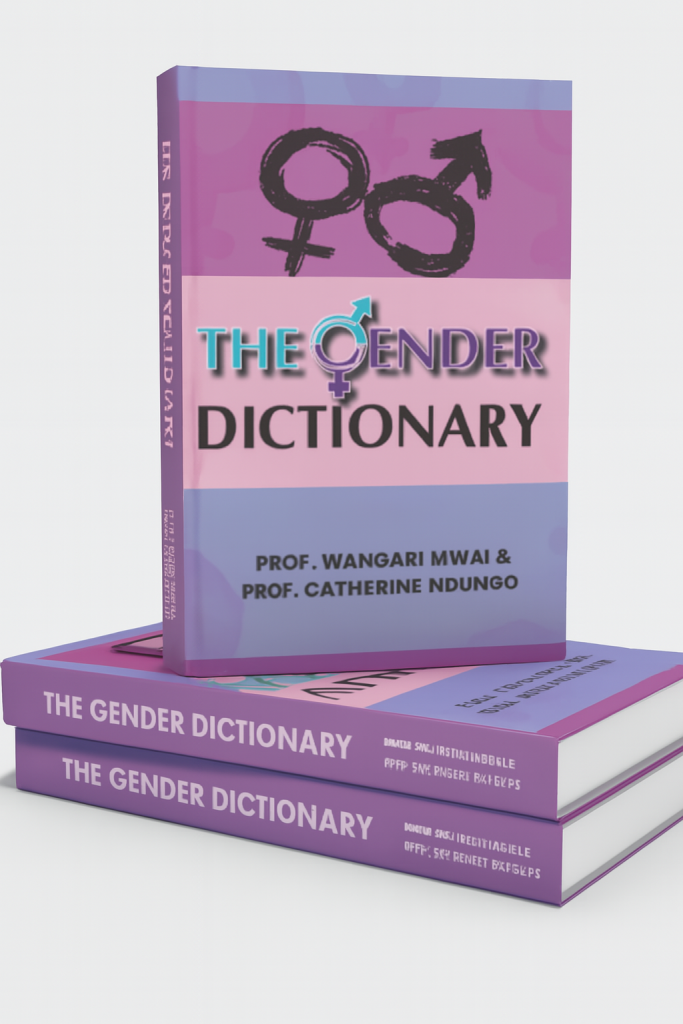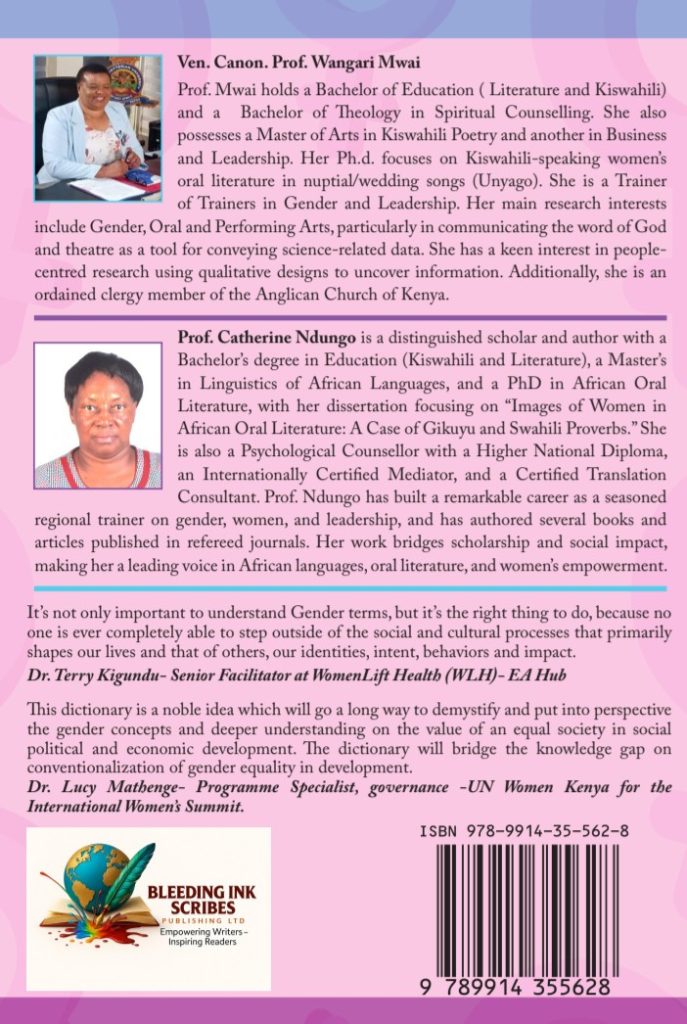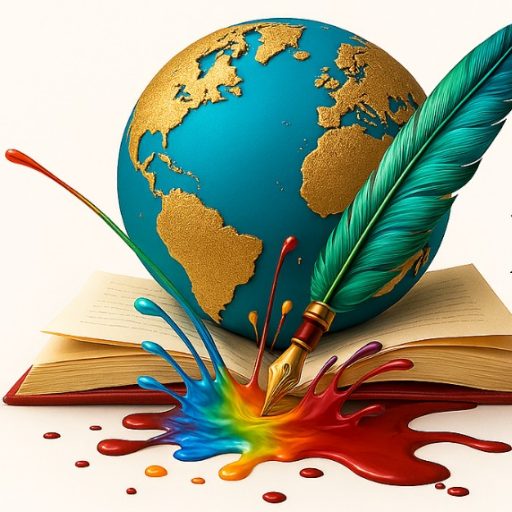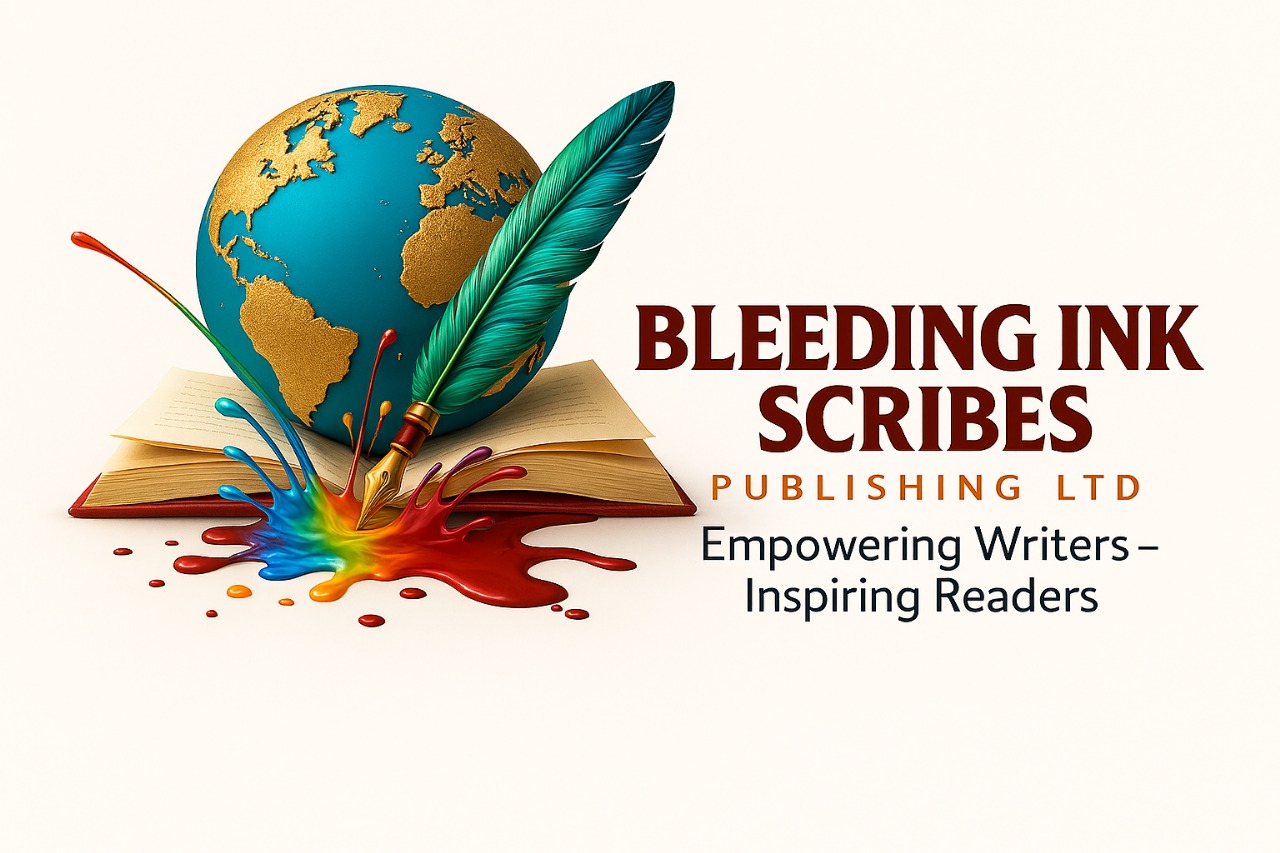Bleeding ink press
Reviewer: Bonface Otieno Okinyi
Publisher: Bleeding Ink Scribes Publishers ltd
For a long time, I found myself puzzled by the growing conversations around gender, sexuality, and identity. It was as if I were standing on the shores of a vast, shifting ocean—hearing waves of new terms like non-binary, pansexual, gender-fluid, cisnormativity, and queer theory, yet unable to tell where one current ended and another began. The world around me seemed to be in constant redefinition, and I often wondered how something as deeply personal as identity could also be so complex, political, and ever-changing.

I must confess, there were moments when I felt lost in the language of it all—when what was meant to enlighten seemed instead to bewilder. How does one make sense of the intersections between biological sex, social roles, and personal desire? How do we respectfully understand LGBTQ orientations in a world still wrestling with cultural, religious, and moral boundaries?
Then I encountered The Gender Dictionary by Prof. Wangari Mwai and Prof. Catherine Ndungo. This book became a kind of lighthouse in that fog of uncertainty. With patient clarity and academic precision, it untangles the knotted threads of gender and sexuality. It offers not just definitions but understanding—helping readers like me to see beyond stereotypes and discover the human stories, struggles, and affirmations behind each term.
This dictionary is more than a collection of words; it is a foundation for empathy, awareness, and meaningful dialogue in a world where identity continues to evolve.
The Gender Dictionary is a pioneering lexicon that consolidates the vocabulary, frameworks, and evolving discourse of gender studies. It is designed for scholars, policymakers, and students to decode the complex and often politicized terms that dominate discussions on gender and development. It situates gender as both a linguistic and socio-political construct—bridging classical grammatical usage (from Aristotle and Protagoras) to contemporary interpretations of identity, equality, and performativity (Butler, 1990; Connell, 2005).
The text begins with a scholarly foreword by Dr. Geoffrey Wango (University of Nairobi), acknowledging its “timeless relevance and immediate significance.” The dictionary defines a broad range of terms—from affirmed gender, gender dysphoria, and hegemonic masculinity, to theoretical frameworks like Gender and Development (GAD), Women in Development (WID), and gender mainstreaming.
It weaves together academic theory (Judith Butler’s Gender Trouble, 1990), institutional frameworks (CEDAW 1979; Beijing Platform for Action, 1995), and African contextual realities, positioning gender as an evolving discipline in both the Global North and South.
The book explores key gender-related issues that define 21st-century scholarship:
Distinction Between Sex and Gender
Echoing Simone de Beauvoir’s statement, “One is not born, but rather becomes, a woman” (The Second Sex, 1949), the book differentiates biological sex from socially constructed gender roles (Money, 1955; Colman, 2009).
Gender Relations and Power Structures
Building on R.W. Connell’s theory of hegemonic masculinity (2005), the authors highlight systemic inequalities embedded in social, economic, and political relations.
Gender and Development Paradigms
The dictionary traces shifts from Women in Development (WID)—which sought inclusion of women in development—to Gender and Development (GAD), emphasizing relational equality and structural reform (Moser, 1993; Kabeer, 1994).
LGBTQ+ Terminology and Inclusivity
Through entries such as genderqueer, genderfluid, and nonbinary, the authors embrace a pluralistic understanding of identity aligned with global human rights discourse (UN OHCHR, 2020).

While there have been many Controversial Questions on gender issues and identity, the most provocative question raised by The Gender Dictionary is:
“Can societies with deeply ingrained patriarchal and heteronormative structures truly reimagine gender as fluid, relational, and inclusive?”
This question challenges both traditional African gender norms and Western binaries, sparking debate between cultural relativism and universal human rights. The tension reflects ongoing struggles across academia and policy regarding gender identity education, LGBTQ+ rights, and moral conservatism (Tamale, 2020; Oyěwùmí, 1997).
In comparative perspective, Unlike The Oxford Dictionary of Gender Studies (Humm, 2019), which emphasizes Western feminist theory, Mwai and Ndungo root their analysis in African socio-cultural realities and development discourse.
It aligns with Nkiru Nzegwu’s Family Matters: Feminist Concepts in African Philosophy of Culture (2006) in reclaiming indigenous gender understandings without erasing global theories.
The inclusion of frameworks like the Harvard Analytical Framework (1980s) and the Moser Framework situates the dictionary within practical gender policy applications—a strength often missing in purely theoretical texts.
In today’s polarized global context, where gender identity politics intersect with religion, law, and education, The Gender Dictionary serves several crucial functions:
Academic Relevance: It demystifies terminology used in gender scholarship, providing a reference for interdisciplinary research in sociology, education, and policy.
Cultural Relevance: By contextualizing global gender theory within African lived realities, it challenges Western epistemic dominance in gender discourse (Ngũgĩ wa Thiong’o, 1986).
Policy Relevance: The book provides tools for mainstreaming gender equality into national development plans and UN Sustainable Development Goals (Goal 5).
In a world grappling with gender-based violence, digital misogyny, and identity discrimination, this work becomes an educational and ideological compass.
On research Significance, the dictionary contributes to:
Knowledge Standardization: Offering terminological consistency across disciplines.
Interdisciplinary Research: Linking gender with linguistics, psychology, sociology, and development.
African Feminist Scholarship: Reclaiming space for African feminist thought (Mama, 1995; Amadiume, 1987).
Policy Studies: Its definitions of gender-responsive, gender-neutral, and transformative policies are crucial for development agencies.
In Conclusion, The Gender Dictionary is more than a compendium, it is a scholarly manifesto for clarity, inclusivity, and intellectual emancipation. By merging global feminist theories with African praxis, the book contributes significantly to contemporary debates on gender identity, equality, and social justice. It stands as both a pedagogical tool and a political statement, urging society to confront its biases and reconstruct more equitable relations.

